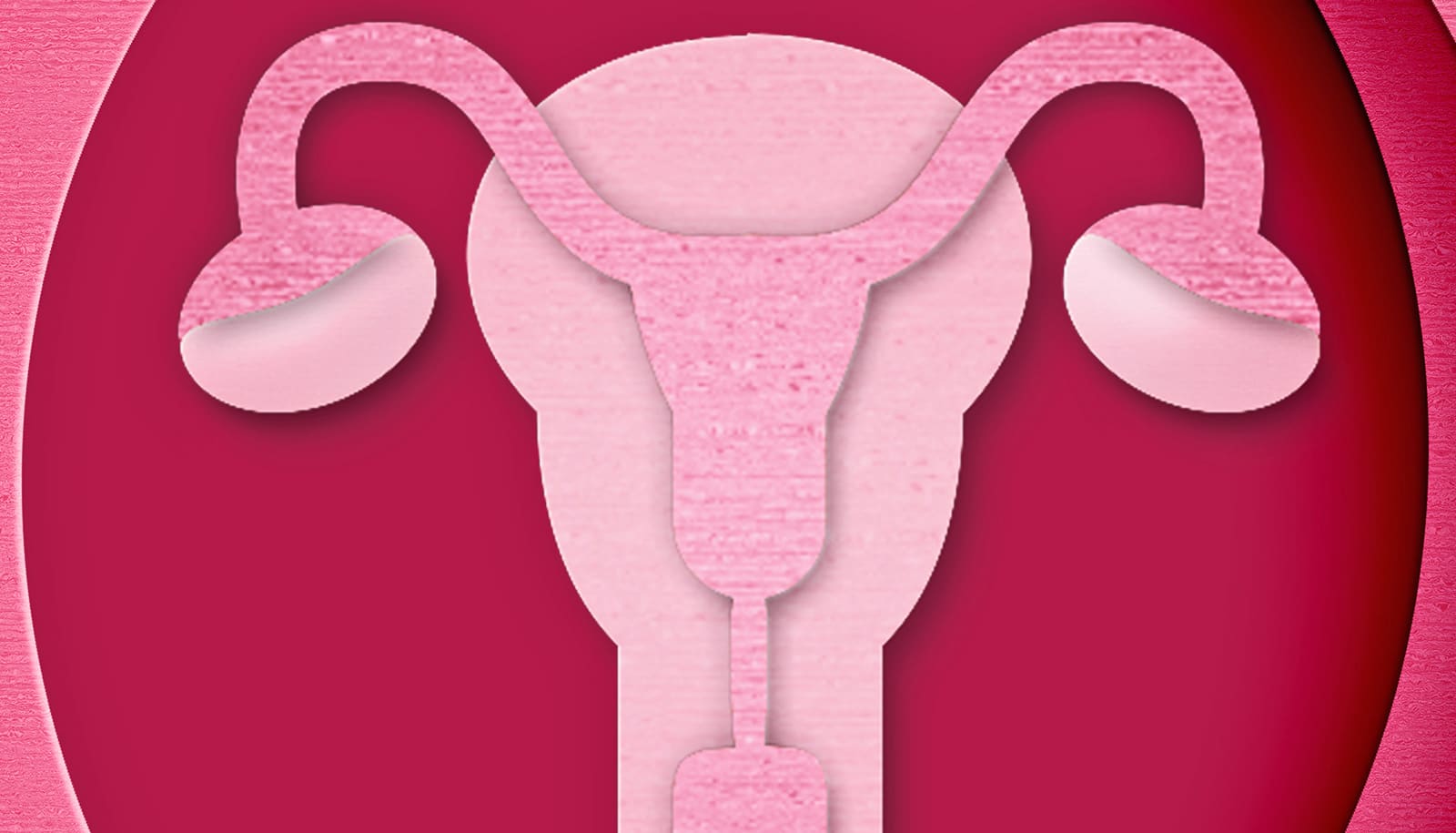There are few, if any, laws protecting children conceived with artificial insemination, in vitro fertilization (IVF), surrogacy, and potentially, bioengineering of embryos.
But there should be, says Mary Ann Mason, a professor in the graduate school at University of California, Berkeley and a faculty affiliate of the Berkeley Center for Law and Technology. In a new book, Babies of Technology: Assisted Reproduction and the Rights of the Child (Yale University Press, 2017), she advocates for strict regulation of the multibillion-dollar fertility industry. Here, she talks about why it is so important with Berkeley News.
What rights do you believe children born through assisted reproduction should have?
All children have a right to know who their biological parents are and the culture they come from. We are our genes. There is a great need to know where you come from. It’s considered a human right in the US and a children’s right in the UN. In 1989, there was a UN conference on the rights of a child. All the countries came to the conference, including the US, and we signed the treaties. But we’re the only country that didn’t ratify it because we didn’t believe in children’s rights.
What are some of the hardships that these kids face?
Right now in the US, sperm donors are promised anonymity. They can give hundreds of donations, so they could have a lot of kids out there who don’t know who their biological father is. Also, when children do know who the sperm donors are, perhaps because it was a friend or family member, other problems might arise.
There was a US Supreme Court case where a Florida man who had testicular cancer froze his sperm and his wife had a set of twins with his sperm after he died. The children born after he had died weren’t considered to be survivors, so they didn’t qualify to receive Social Security benefits.
If you have too many embryos implanted, the chances are high of having multiple children with a low birth weight. The mortality and disability associated with low birth weight are prevalent in IVF. In Europe, they limit the number of implantations. Europe is better regulated on all fronts.
Then, we have the prospect of the gene-edited baby. It’s not all bad. It means you can edit out terrible diseases. But it does change the human species when you gene edit. And I think the temptation will be once you get rid of bad diseases, you can change height, intelligence, looks, all kinds of things.
Why is California considered a prime destination for fertility tourism?
California has laws that greatly favor the intentional parents—the people who sign the contract. The surrogate mom doesn’t have many rights. States have different laws. People from across the world, especially Asia, will find a surrogate in California, so their baby is born in the state and a California citizen. It’s a great advantage to them.
What do you propose?
The US should create a federal administrative agency that would control all aspects of reproduction, instituting guidelines and maintaining records of all procedures performed across the country. Sperm and egg donors shouldn’t be promised anonymity, and the donors shouldn’t be paid. They already have it in England.
What is your ultimate stance on assisted reproduction in the fast-moving technological age?
We’re not going to get rid of assisted reproduction. We just need strict rules. We’ve already had one child born using the DNA from three parents. The door is open. It’s not bad. It just has to be controlled with regulations that are pro-child.
The constitution says a citizen is a person born here. Those are the people we really want to protect. We, as a country, need to take children’s rights seriously.
Source: UC Berkeley



